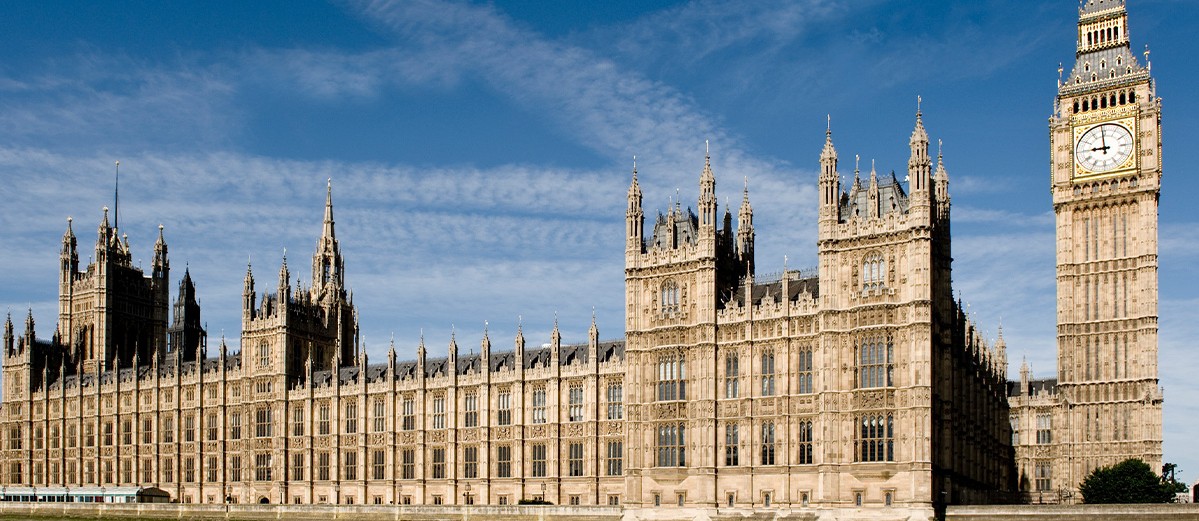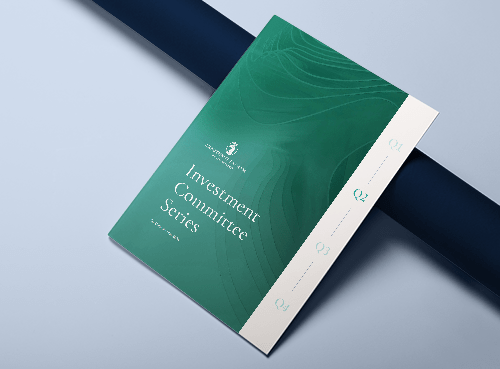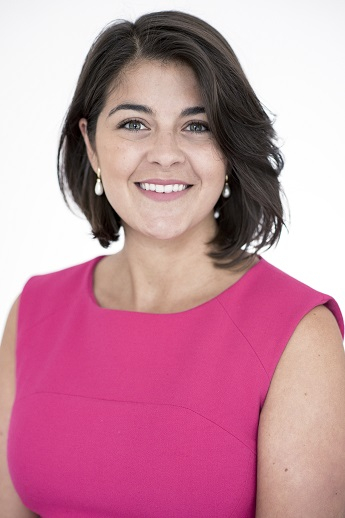

Top of mind -
Market impact: Investor insights for a year of global elections
We are over a third of the way through the ‘Election Year’ that is 2024, with almost 50% of the world’s population[1] heading to the polls.
On the global stage, the US Election in November 2024 is the leading act. The US is still the world’s largest economy and the old adage – when America sneezes, the rest of the world catches a cold – still holds true. For UK investors, the recently announced July 2024 UK election compounds the political uncertainty.
But amidst this backdrop, a fundamental question arises: Does an election really make a difference for a long-term investor?
With UK voters heading to the polls on 4 July, it is time to examine the impacts of political dynamics on investment strategies.
Yes - Elections can move the dial
Elections introduce uncertainty for markets and investor sentiment due to potential shifts in government policy across sectors. This can alter the balance of trade and the direction of the economy.
For example, if Donald Trump is reinstated in the US, we expect to see him doubling down on the protectionist stance adopted in his first term. The administration may bring in new tariffs, withdraw from global arrangements like climate agendas or even NATO, and make the tax-cut bill introduced in Trump's first term a permanent change.
In the UK, the Labour party has a significant lead according to the YouGov poll tracker[2]. If the Labour party were to win a majority, we should expect to see a change in policy on the economy as well as taxes, the NHS, and education.
These policy shifts not only impact domestic economic dynamics but also influence international trade balances and central banking policies, affecting interest rates and currency exchange rates.
No – politics and the economy are not intrinsically linked
It is important to remember that election cycles are rarely a dominant theme when we speak about market trends over the longer term. It could be argued that most volatility arising from election speculation or politics is short-term noise.
Let us consider the US market, as an example; the US market, as measured by the S&P500, has historically delivered in an election year, regardless of whether the victor was a Republican or a Democrat. Since 1928, there have only been four election years with a negative return in the US. These were 1932, three years post the Wall Street Crash; 1940, 12 months into World War II, 2000, the year of the dot.com bubble, and 2008, the year of the global financial crisis. It would be unfair to attribute these negative years to the policies or politics of Theodore Roosevelt, George Bush, or Barack Obama, respectively .
Looking ahead: volatility tends to be short lived
Investment markets are forward looking, they tend to ‘price in’ changes in administration or policy, as they become more certain. However, it is important to note that markets do not always get things right. In 2016, markets expected a ‘Remain’ result for the UK’s Brexit referendum and a Hillary Clinton ‘win’ in the US election. In 2019, markets expected a hung parliament in the UK’s general election.
When we see a ‘surprise’ result, such as the 2016 Trump victory, or a result that is considered ‘bad news’, such as the UK’s 2016 ‘Leave’ vote, markets recalibrate. This usually happens quickly, which can mean big swings in the stock market, bond markets, or in currencies. The good news is that these swings are usually relatively short-lived.
The day after the UK’s Brexit referendum, the pound experienced a significant sell-off, but the FTSE 100 ended the day in positive territory. The FTSE 100 continued making gains and reached all-time highs within six months of the vote.
Election-driven volatility
It is common for volatility to pick up in the weeks or even months leading up to an election. Amid the uncertainty, some investors take some risk off the table, waiting for clarity before putting their money back to work. Other investors with more conviction start positioning for the outcome they expect to see. After the results of an election are announced, the uncertainty dissipates, and markets tend to return to business as usual.
The challenge this year will be the number of elections taking place around the globe; as one election concludes, the speculation on the next one will begin to ramp up.
Maintain perspective in election uncertainty
Elections tend to trigger strong emotions for investors. While they can feel significant in the moment, when you zoom out to keep sight of your long-term objectives, today’s news really is tomorrow’s chip paper.
Certainly, there are risks and political outcomes that could affect inflation, interest rates, foreign exchange, and geopolitics. However, over the long-term, capital markets will operate as they have always done and we believe that the best course of action is to sit tight, remain invested, and keep sight of your long-term objectives.
In the short-term, volatility can be a gift, creating opportunities for an active investor. At Arbuthnot Latham, our dedicated Investment Management Committee keep a watchful eye, closely monitoring markets, news flow, and performance. Our goal is to meet the long-term objectives of our clients while managing the short-term risks and opportunities as they arise.
Please contact your Investment Manager if you have any questions or would like to discuss your portfolio.
Further reading
Exploring the investment potential of GLP-1 medications
Our dedicated investment research team has undertaken an in-depth exploration of the potential of GLP-1 medications.
Investment Committee Series
Our Investment Committee share their key decisions and outlook for Q2 2024 here

Author -

Gabriella Macari
Senior Investment Manager
Gabriella Macari, Senior Investment Manager at Arbuthnot Latham, joined the bank in 2019 and has more than 11 years of experience in the investment and wealth management industry. Gabriella played a pivotal role in the development and launch of our Sustainable Portfolio Service in 2021 and led our research coverage of the commercial property market from 2020 to 2022.
She holds the title of Chartered Wealth Manager, Investment Advice Diploma and the Private Client Investment Advice and Management qualification. She holds a BSc (Hons) in Economics from the University of Bath.
Outside of work, Gabriella enjoys cooking, reading, and finding opportunities to practice her Italian. She is also a keen runner and a lifelong Formula 1 fan.
DISCLAIMER
This communication should be considered a marketing communication. It has not been prepared in accordance with legal requirements designed to promote the independence of investment research. It is for information purposes only and does not constitute advice, a solicitation, recommendation or an offer to buy or sell any security or other investment or banking product or service. You should seek professional advice before making any investment decision. The value of investments, and the income from them can fall as well as rise, and may be affected by exchange rate fluctuations. Investors could get back less than they invest. Past performance is not a reliable indicator of future results. The tax treatment of investments depends upon individual circumstances and may be subject to change.
The contents of this communication are based on opinions or conditions as at the date of writing and may change without notice. To the extent permitted by law or regulation, no warranty of accuracy or completeness of this information is given and no liability is accepted for its use or reliance on it.